Baltimore Catechism, Lesson 15: The Two Great Commandments
Here on the next lesson of the Baltimore Catechism presented by the Ecu-Men, we cover the topic, the Two Great Commandments. We are Christian because we love God and seek to do His will. So, now let's talk about what that means with regard to how we must act. Thanks for listening!
188. Besides believing what God has revealed, what else must we do to be saved?
We must keep His law. (John 14:15)
189. Which are the two great commandments that contain the whole law of God?
The two great commandments that contain the whole law of God are:
Thou shalt love the Lord thy God with thy whole heart, and with thy whole soul, and with thy whole mind, and with thy whole strength;
Thou shalt love thy neighbor as thyself. (Matthew 22:35-40)
190. What must we do to love God, our neighbor, and ourselves?
We must keep the commandments of God and of the Church, and perform the spiritual and corporal works of mercy.
My dear children, let us not love in word, neither with the tongue, but in deed and in truth. (I John 3:18)
191. Which are the chief corporal works of mercy?
1. To feed the hungry.
2. To give drink to the thirsty.
3. To clothe the naked.
4. To visit the imprisoned.
5. To shelter the homeless.
6. To visit the sick.
7. To bury the dead.
192. Which are the chief spiritual works of mercy?
1. To admonish the sinner.
2. To instruct the ignorant.
3. To counsel the doubtful.
4. To comfort the sorrowful.
5. To bear wrongs patiently.
6. To forgive all injuries.
7. To pray for the living and the dead.
193. Is everyone obliged to perform the works of mercy?
Yes, according to his own ability and the need of his neighbor. (Matthew 25:35-36)
194. Are all the ordinary deeds done every day to relieve the corporal or spiritual needs of others true works of mercy?
Yes. They are true works of mercy, if done in the name of Christ. (Mark 9:40)
195. Which are the commandments of God?
The commandments of God are these ten:
1. I am the Lord thy God; thou shalt not have strange gods before Me.
2. Thou shalt not take the name of the Lord thy God in vain.
3. Remember thou keep holy the Lord's day.
4. Honor thy father and thy mother.
5. Thou shalt not kill.
6. Thou shalt not commit adultery.
7. Thou shalt not steal.
8. Thou shalt not bear false witness against thy neighbor.
9. Thou shalt not covet thy neighbor's wife.
10. Thou shalt not covet thy neighbor's goods.
196. Should we be satisfied merely to keep the commandments God?
No. We should always be ready to do good deeds, even when they are not commanded. (Matthew 19:21)
197. What does Our Savior especially recommend that is not strictly commanded by the law of God?
Our Savior especially recommends the observance of the Evangelical Counsels – voluntary poverty, perpetual chastity, and perfect obedience. (Matthew 5:48)
=======
Baltimore Catechism, Lesson 15:
https://www.catholicity.com/ba....ltimore-catechism/le
Greek Words for Love:
https://bit.ly/358EqAA
White Martrydom:
https://bit.ly/35h1BZG
Knights Hospitaller:
https://bit.ly/2zAcNEW
Church & the Black Death:
https://youtu.be/Q6kGGJb2KGo?t=522
Spanish Inquisition:
https://bit.ly/357egyf
Moderate for Their Time:
https://bit.ly/3eUHrsO
Thirty Years War:
https://bit.ly/2VP4Ggu
Islam in India:
https://bit.ly/3cYTLGK
St Augustine divides 10 Commandments:
https://bit.ly/2WbL7xx
Numbering of 10 Commandments:
https://bit.ly/2WaaoZe
Unnecessary Servile Work:
https://bit.ly/3f2zHou
Fr Ripperger, the Decalogue:
https://www.youtube.com/watch?v=TFlOcXzf1zE
St Thomas on Law (Q 100, Art. 11):
https://www.newadvent.org/summa/2100.htm
Evangelical Counsels:
https://www.newadvent.org/cathen/04435a.htm


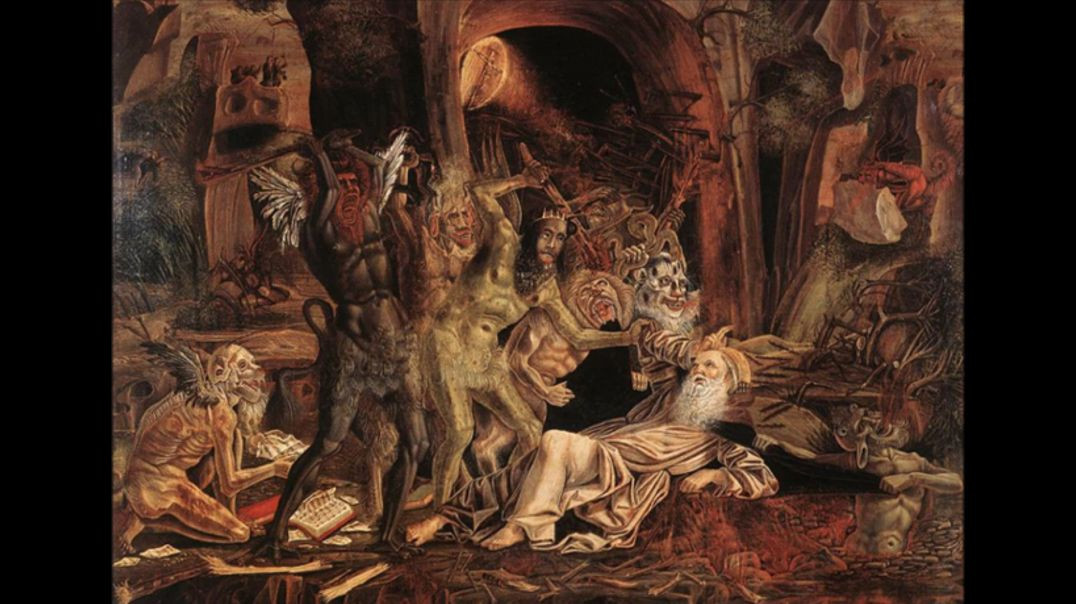


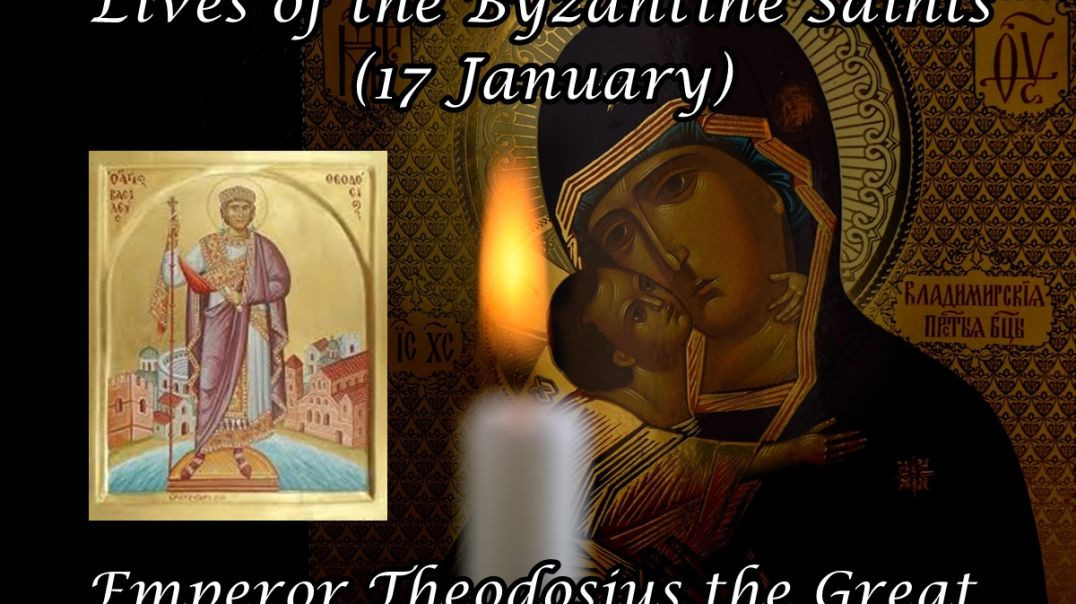


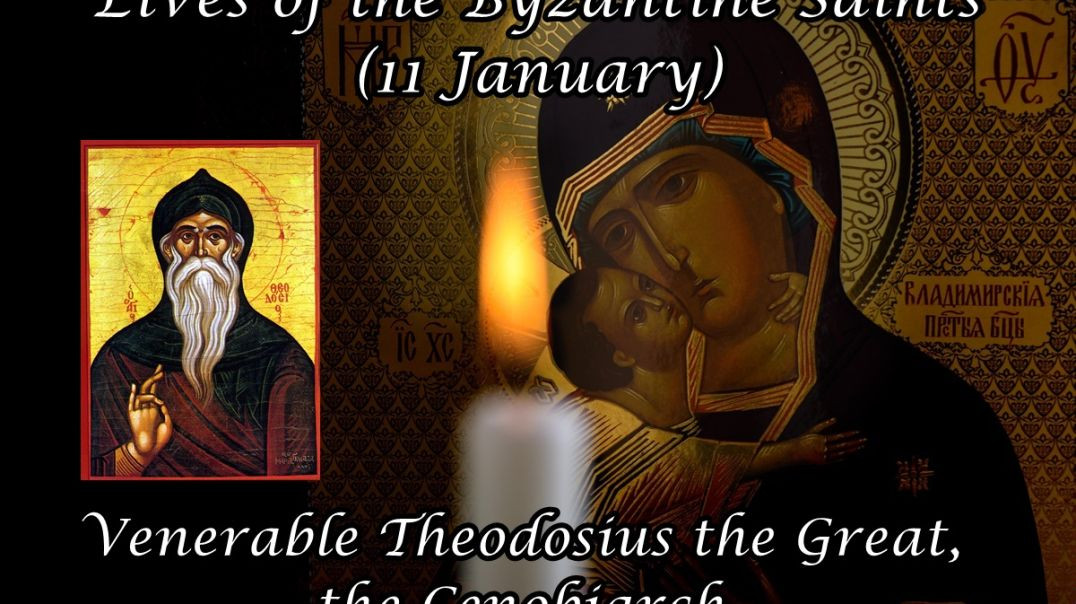




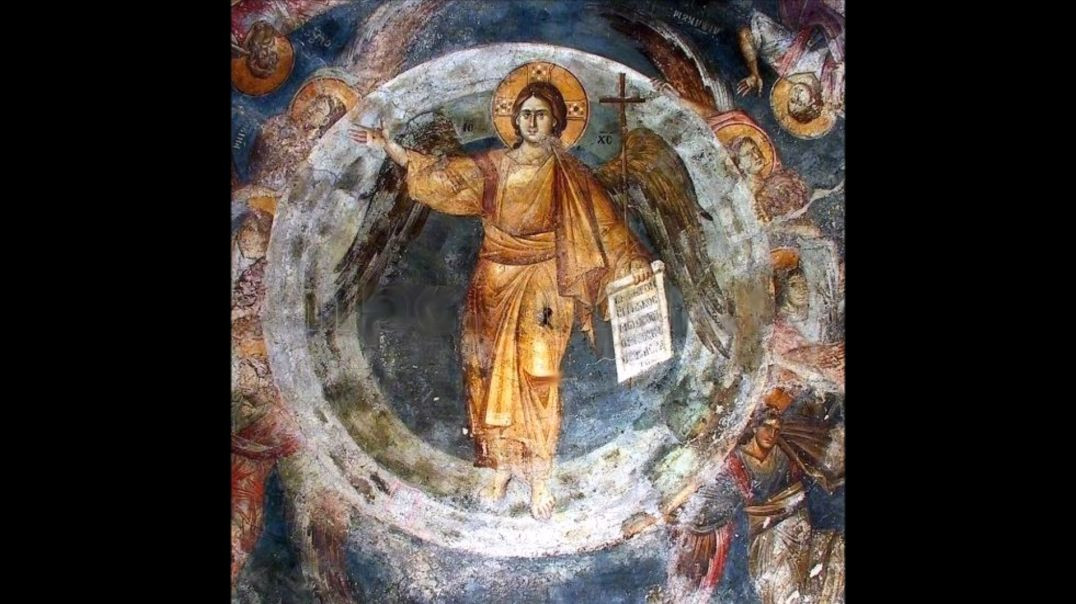

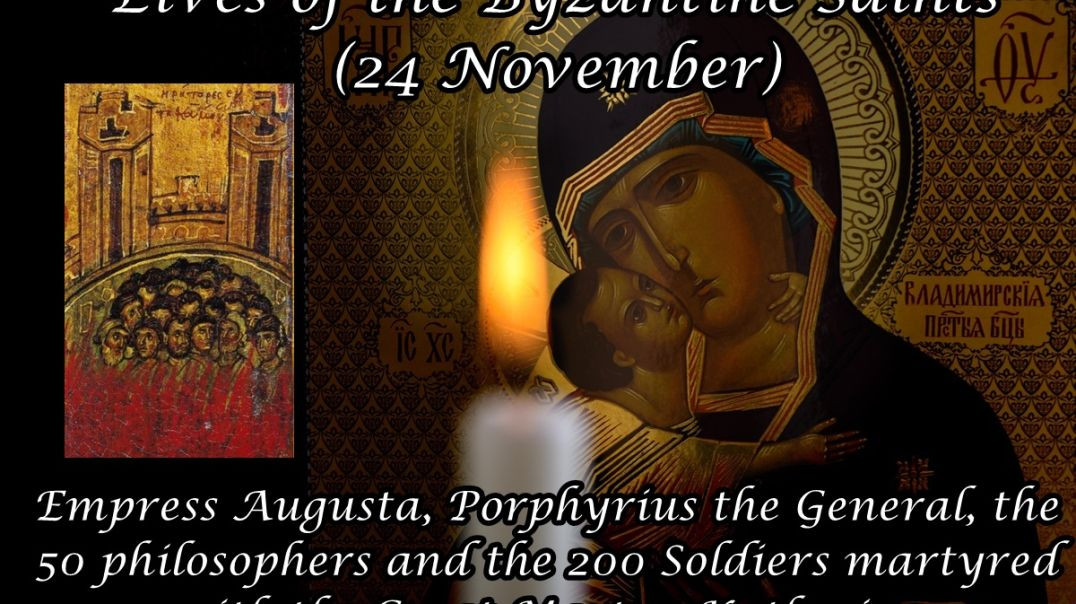
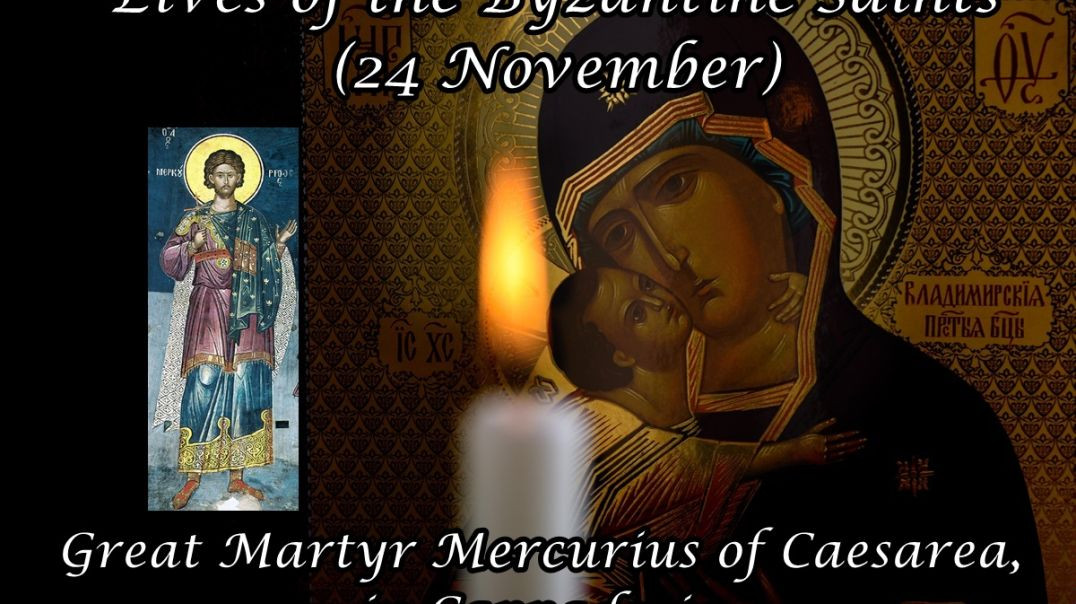
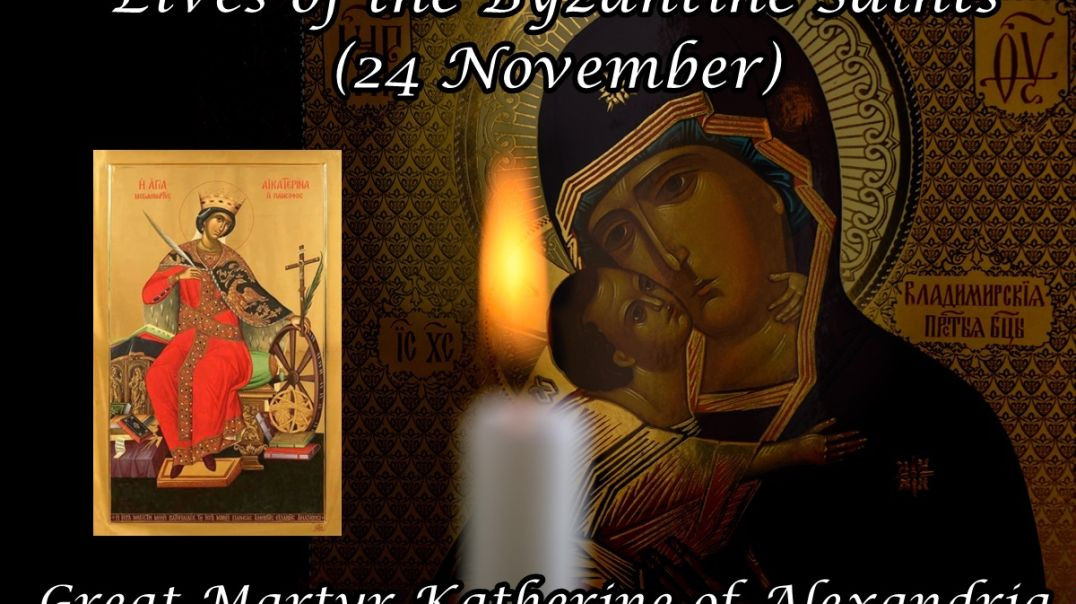

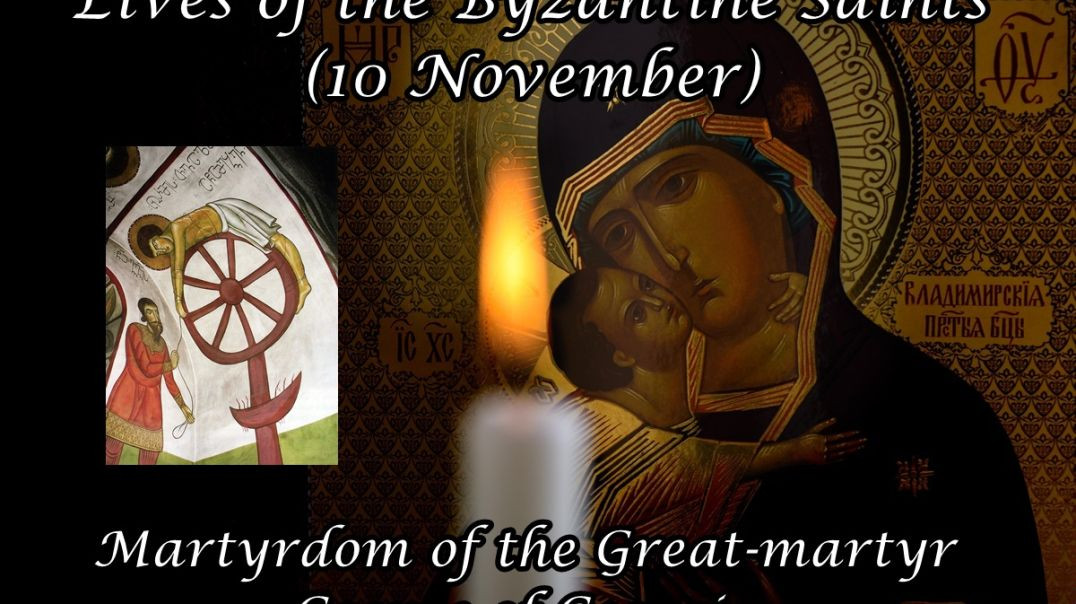
![Why is St. Albert "the Great"? Dr. E. Michael Jones Explains [CLIP]](https://spiritus-tv-uploads.nyc3.cdn.digitaloceanspaces.com/upload/photos/2024/11/Z6bvbbFQ42ZmJGVOUlN8_08_89583e972d84208837a5c9473e43bd37_image.jpg)

